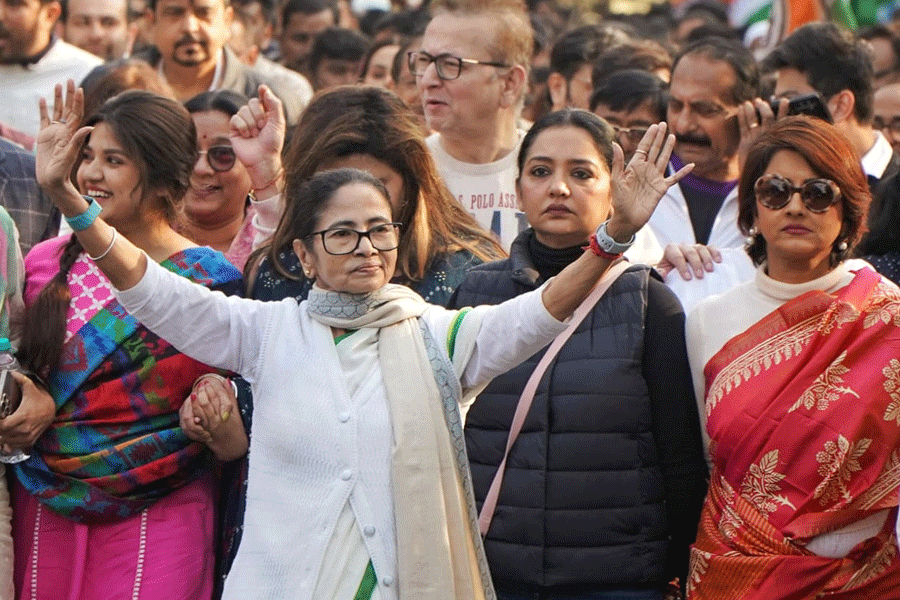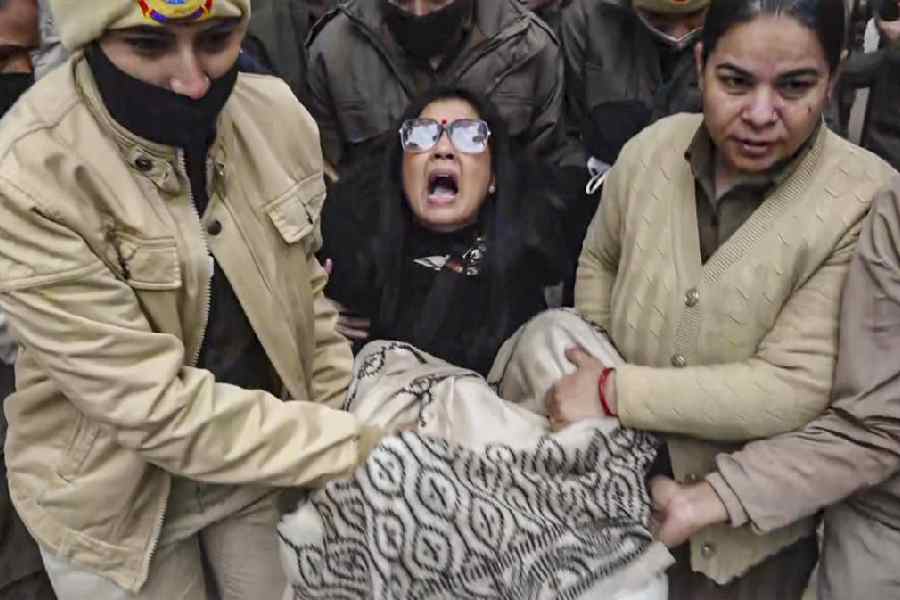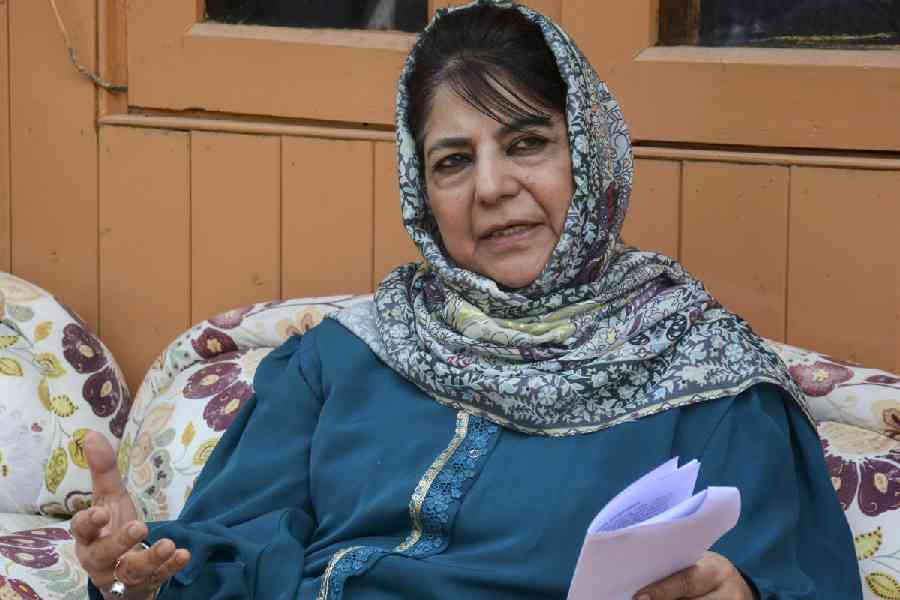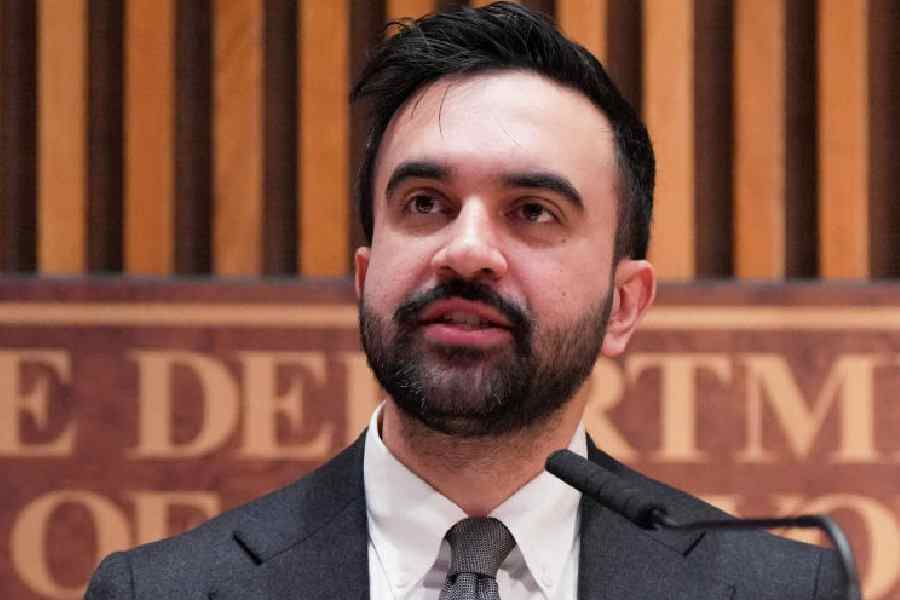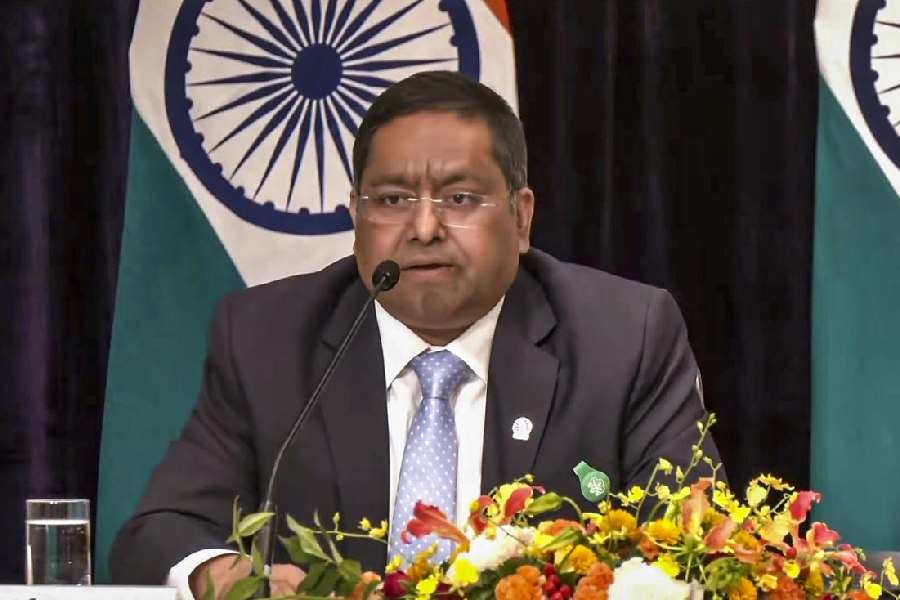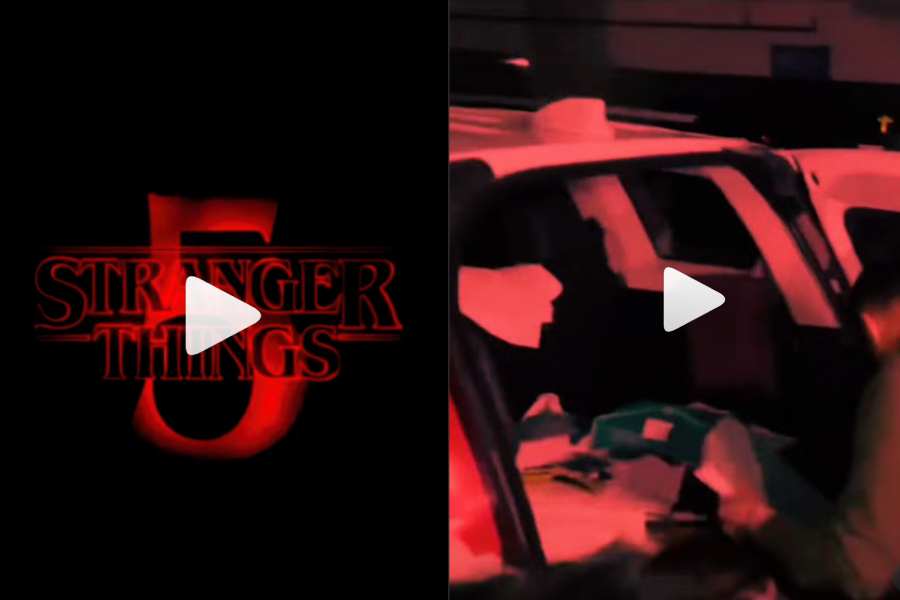
New Delhi: The Centre, which has legalised the death penalty for raping girls below 12, had to contend with this question from Delhi High Court on Monday: what incentive do child-rapists now have to let their victims live?
"Did you carry out any study, any scientific assessment that death penalty is a deterrent to rape? Have you thought of the consequences to the victim?" the bench of acting Chief Justice Gita Mittal and Justice C. Hari Shankar asked, according to a PTI report.
"How many offenders would allow their victims to survive now that rape and murder have the same punishment?"
The court made the observations while hearing a petition from academic Madhu Kishwar that challenges the Criminal Law (Amendment) Act of 2013 for withdrawing courts' discretion to award sentences lighter than seven years for rape.
The bench said the government was "not even looking at the root cause" or "educating people", highlighting that many of the offenders were below 18 and in most cases, someone from the victim's family or known to her.
This last point was stressed repeatedly at a news conference held by parents of sexually abused children to oppose the death penalty for child-rapists.
Former Delhi High Court Chief Justice A.P. Shah, who spoke at the event, highlighted that 94.6 per cent of child rapists are known to the victims, which prompts many of the victims to turn hostile.
His argument, and that of many lawyers and rights activists, is that introducing the death penalty would encourage the victims not to report the offence or to turn hostile later because hardly any child would want to see a father, cousin or uncle hanged.
"This is a populist measure that is fraught with danger and will be counterproductive. The death penalty endangers children.... In a situation when child sex abuse is underreported and most perpetrators are known to children, it will only prove more disastrous," Justice Shah said.
Activists also believe that the provision for the death sentence would encourage the courts to be more cautious and lead to fewer convictions.
They say the existing Protection of Children from Sexual Offences (Pocso) Act is good enough; the problem lies with police's reluctance to register complaints, poor investigation, court delays and low conviction rates.
A woman who said her 13-year-old son was raped by six schoolmates criticised the ordinance that allows capital punishment for child rapes on the ground that it ignores boy victims entirely.
She told the news conference that the accused, who got bail in six days, continued to mock her son. "My son's confidence is broken. He wets is bed. Doesn't he deserve even one 'sorry' for what was done to him?"
Senior advocate Vrinda Grover said that Pocso was gender-neutral and that the ordinance's exclusive glare on girl victims reflected a patriarchal viewpoint.
She believes the distinction the ordinance draws between victims below 12 and those below 16 echoes the retrogressive "colonial jurisprudence" that held girls under 12 "innocent" while suggesting those between above 12 must have "lured or seduced and so her access to justice must be curtailed".
The ordinance also provides for fast-track courts and dedicated public prosecutors but Justice Shah was sceptical about these. He said that similar "special courts" with designated prosecutors had been set up earlier too but they all ended up "handling other cases too".
Grover underlined that no funds had been allocated under the ordinance to set up the fast-track courts, suggesting the measures were therefore likely to remain on paper.
"My appeal to all MPs is to please repeal this law," Justice Shah said.
Anju Gupta of the Rahi foundation said her 20 years of experience had taught her that the child victims "don't want to take on the burden of punishing the abuser, especially a known person or a family member as is most often the case, through the criminal justice system".
"This adds to the trauma and guilt they already go through. What they want is accountability, an acknowledgement and an apology by the perpetrator and the family," she said.
"In such a scenario, even reporting the abuse to the police is a much further step. They do not want their perpetrator to go to jail, let alone face death."


